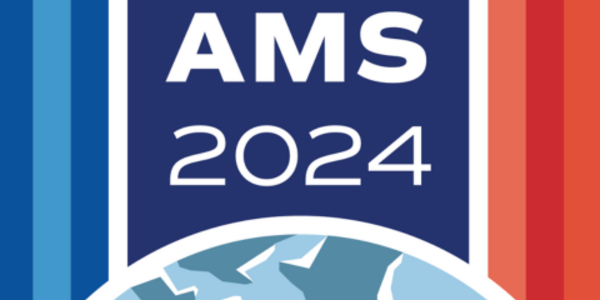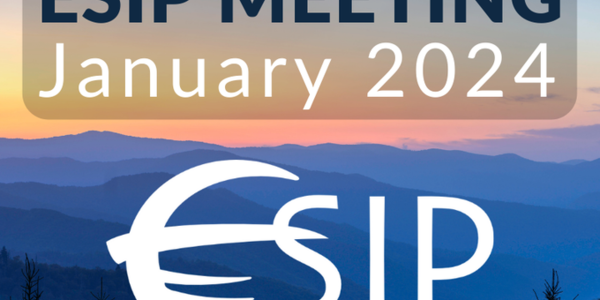New effort will provide consistent format for chemical oceanographic data

NCEI is the official archive for data collected by NOAA scientists, observing systems, and research initiatives. We manage more than 40 petabytes of data and information that spans the entire spectrum of Earth’s environmental systems and cycles, from the seafloor to the surface of the sun.
In addition to archiving NOAA’s data, NCEI also hosts and operates World Data Centers and Services for Geophysics, Meteorology, Oceanography, and Paleoclimatology. NCEI leads and participates in international and interdisciplinary efforts to create a global data system that works for all. One path toward this interoperability is the creation of data stewardship practices that everyone can agree to follow. Supporting that effort, a new international data standard for discrete chemical oceanographic observations has just been released.
An International Standard
Data stewardship begins with data collection and ends with data access. Along this road, there are many steps that need to be taken to ensure that the data are properly recorded and identified. Without standardization, every organization would do it slightly differently. For example, one organization might use the abbreviation “SALNTY” for salinity as a data column header format, while another uses something entirely different. Consistency helps facilitate data sharing, streamline quality control, leads to better data interpretation and product development, as well as creates the potential for data management automation through machine learning or artificial intelligence.
A group of subject matter experts from over 10 countries came together to come up with common data standards for the international chemical oceanographic research community. Published in Frontiers in Marine Sciences, the new data standards provide a uniform and consistent format for discrete sampling based chemical oceanographic data by standardizing column headers, quality control flags, and missing value indicators. Also released with this paper are newly developed tools to calculate some oceanographic properties, and the group made recommendations for dissociation constants of the seawater carbon system calculations. In addition, the use of “content” instead of “concentration” is recommended for mass based properties.
“The new international data standards will promote the research of climate change and ocean acidification at regional to global scales by facilitating data sharing, quality control, and synthesis efforts,” said lead author Dr. Li-Qing Jiang, a chemical oceanographer with the Cooperative Institute for Satellite Earth System Studies at the University of Maryland, who works on the Ocean Carbon and Acidification Data System project at NCEI. These standards also help pave the road for a future one-stop data access portal allowing users to access all international chemical oceanographic data in a uniform format.
Motivated by Feedback from Users
The creation of the international data standard was motivated by feedback from users of our Ocean Carbon and Acidification Data System (OCADS). OCADS is an NCEI data management project responsible for hosting and providing access to ocean acidification, ocean carbon, and other chemical datasets collected from around the world. OCADS provided this information from the scientific community to the data management community.
Ocean acidification results from the ocean’s absorption of carbon dioxide (CO2) from the atmosphere and increases the acidity of seawater. Although this process helps reduce levels of CO2 in the atmosphere and thus slows down global climate change, it comes at a cost to aquatic ecosystems and local fisheries. Previous studies have shown that acidified water can harm some fish, oysters, clams, sea urchins, shallow water corals, and deep-sea corals, among other living organisms.
While this new international standard is not mandatory, as some may want to maintain historical consistency within their operations, it does establish best practices and works optimally when adopted as widely as possible by agencies, institutes, universities and research vessels to help facilitate data consistency.
Reference: Jiang, Li-Qing, D. Pierrot, R. Wanninkhof, R. A. Feely, B. Tilbrook, S. R. Alin, L. Barbero, et al. "Best Practice Data Standards for Discrete Chemical Oceanographic Observations." Frontiers in Marine Science 8 (January 2022): 705638. https://doi.org/10.3389/fmars.2021.705638.



